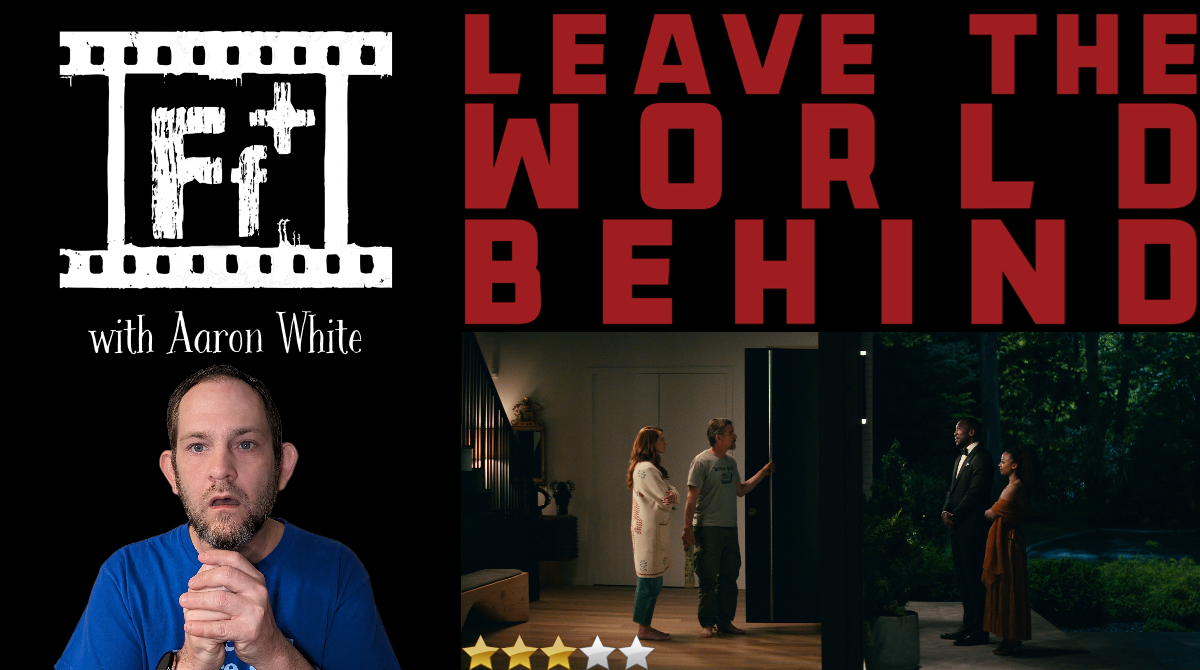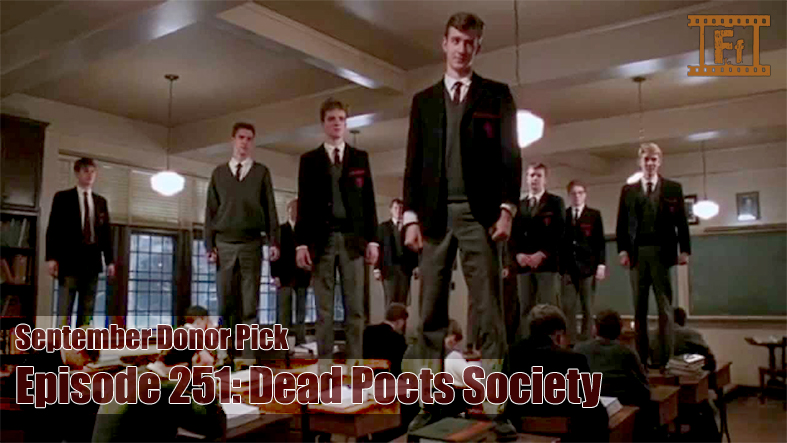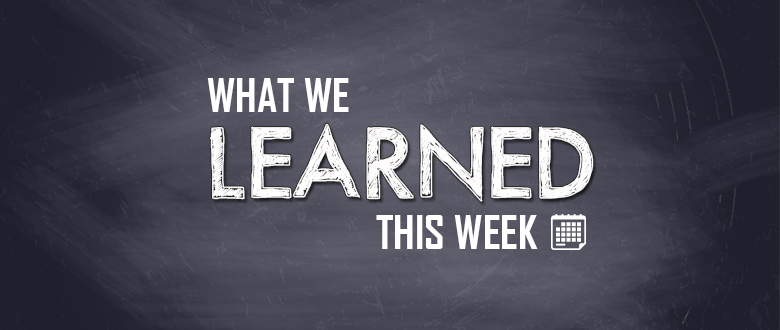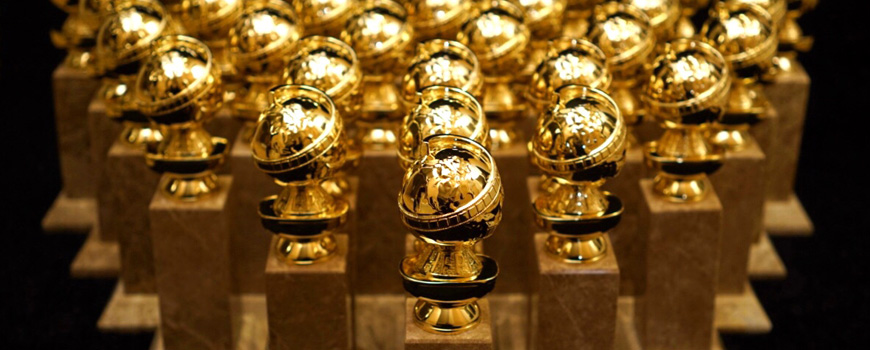LESSON #1: SEARCHING SHOULD BE REQUIRED VIEWING FOR TEENS AND THEIR PARENTS EQUAL TO EIGHTH GRADE EARLIER THIS SUMMER— Standing as another dramatic dose of the perils of being a teenager and raising a teenager in this current times, Aneesh Chaganty’s electric Searching would make a heck of a twin-bill with Bo Burnham’s startling slice of truths from July. If you have a son or daughter with a connected device and a digital footprint of apps and engagement, you need to be floored by this film’s stance as one-part cautionary tale and one-part family feels. You’ll be diving to Protect Young Eyes and similar sites in a hurry afterwards. Hear Aaron and I gush over this film in a recent Feelin’ Film minisode. It’s my #1 film so far this year. You NEED to see this one!
LESSON #2: WAIT AND SEE A FILM BEFORE PASSING JUDGMENT— Advance reviews, hot takes, and click bait web articles that stir up angles, tangents, and nonsensical conversations before a movie makes it to the general public are the wrong place to form an opinion on a film. This lesson rears its ugly head today on the heels of the world premiere reviews for Damien Chazelle’s First Man and a Business Insider piece about whether or not the planting of the American flag during the Apollo 11 mission is shown or not. People are already circling their wagons to either defend the assumed choice as an artistic or narrative decision or start lighting up the puff-chested patriotism-fueled “how dare you” revisionist opposition pitchforks. First Man is not the first film to be bitten by this stuff and it won’t be the last. Simply put, wait and see the film for yourself before falling for rumors and rants.
LESSON #3: AWARDS SEASON STARTS RIGHT NOW— Speaking of all that early buzz, First Man is sounding pretty darn legit. I’m remain on my “No Trailers Diet” to remain unspoiled and untarnished which includes reading advance reviews, especially for First Man which has been my #1 anticipated film all year. It sounds like I’m going to like what I see in October.
LESSON #4: PUSHING BACK A RELEASE DATE TO MAKE A FILM BETTER SHOULD ALWAYS BE A WELCOME DECISION— Much like Lesson #2, other decisions shouldn’t always be met with gasps, groans, and uninformed opinions. Release dates are one of them. Too often, when a film has to blink from a planned release date to a later one, the first flags flying are the “lemon on their hands,” “it’s going to be a bomb,” and “obvious production troubles” ones from all the haters and doubters. You know what, if a studio is actually stable enough and smart enough to not rush brilliance, they might just get rewarded with brilliance. It was announced this week that the hotly-anticipated Top Gun sequel, which is still in pre-production before shooting, is going to delay a year from July 2019 to July 2020 to improve planned action sequences. Like our own founder Aaron White said on this news in the Facebook group, it’s better to get it right than anything else. I remember the boo-birds making all kinds of noise 20+ years ago when Titanic moved from a July 4th release to a holiday one. I’d say that turned out pretty well. I’ll take patience over hubris every time.
LESSON #5: LEVEL OF DIFFICULTY SHOULD BE TAKEN INTO ACCOUNT WHEN RANKING AND VOTING ON THE BEST FILMS OF ANY GIVEN YEAR— I’ve ranted on the “popular film” Oscar at length once already, but the reactions from within the industry are starting to develop in really strong and rightfully righteous directions. This new category feels like a shorter hurdler being put on the race course for fluff films to clear. Because of the comic film landscape and the Disney puppet strings behind-the-scenes, Black Panther is being labeled as a beneficiary of such a new award. Don’t tell that to Black Panther star Chadwick Boseman. Relayed by friend-of-the-podcast Emmanuel Noisette of The Movie Blog through LA Times and Hollywood Reporter sources, Marvel czar Kevin Feige and Boseman support the studio’s efforts to aim for the top prize and not the popular one. Bozeman outlines a challenge for voters expressing:
What is the difficulty of the thing that you did? And do people appreciate what you did; the quality of it, the difficulty of it. What we did was very difficult. Because we created a world. We created a culture. It doesn’t exist in a world that you already know. It’s a world that we had to completely…we had to create a religion, a spirituality, a politics. We had to create an accent. We had to pull from different cultures to create clothing styles and hair styles. It’s very much like a period piece[…] So you can’t honor any period piece that you ever did, technically, more than you can this one. So as far as that’s concerned, I dare any movie to try to compare to the difficulty of this one.
I absolutely love that statement. You’ll hear Emmanuel and I talk about this within the Feelin’ Film Discussion Group on Facebook, but, more and more, we see room for the objective to be valued equal, if not higher, to the subjective when it comes to rating, ranking, and scoring films for review or awards contention. I support that notion 100%.
LESSON #6: SPEAKING OF RECOGNIZING DIFFICULTY, MAYBE IT’S TIME WE CALL GENRES “DISCIPLINES” INSTEAD OF THE ORIGINAL TERM THAT HAS BECOME ATTACHED TO STIGMAS— Despite matching the definition of being of a different story type, the adjective of “genre” and term “genre film” have acquired negative connotations over these decades of blockbuster filmmaking. It’s become a scarlet letter of supposedly fantasy and childish things that get looked down upon as lesser than some gilded ideal of theatrical drama and thespian brilliance. This is where a guy like Ethan Hawke can be seen as the opposite of Chadwick Boseman from Lesson #5. Instead of seeing what most of the masses see as the genre label pigeonholing superhero films, the First Reformed actor came out to call them “overpraised.” I’m a firm believer that there is indeed true art to be found in ANY film genre, even the comfort food and dream fulfillment of comic book films. Like Boseman alluded to, genre films like superhero films have their own unique degree of difficulty, one worthy of respect and admiration. For me, I beginning to think of different “genres” of films to be more like martial arts disciplines. Think of defensive karate versus the whirl of kung-fu or submissions of Brazilian jiu-jitsu. Each are unique for their movement, execution, and overall purpose. Each take a different degree of difficulty, skill sets, and work effort. I think it’s time to put different film genres on that kind of plane. I’m going to add “genre” to my personal list of “banned” words in film reviews, joining words like “great” and “masterpiece.” I want to value what I’m talking about higher.
 DON SHANAHAN is a Chicago-based film critic writing on his website Every Movie Has a Lesson and also on Medium.com where he is one of the 50 “Top Writers” in the Movies category. As an educator by day, Don writes his movie reviews with life lessons in mind, from the serious to the farcical. He is a proud director and one of the founders of the Chicago Independent Film Critics Circle. As a contributor here on Feelin’ Film now for over a year, he’s going to expand those lessons to current movie news and trends while chipping in with guest spots and co-hosting duties, including the special “Connecting with Classics” podcast program. Find “Every Movie Has a Lesson” on Facebook, Twitter, and Medium to follow his work.
DON SHANAHAN is a Chicago-based film critic writing on his website Every Movie Has a Lesson and also on Medium.com where he is one of the 50 “Top Writers” in the Movies category. As an educator by day, Don writes his movie reviews with life lessons in mind, from the serious to the farcical. He is a proud director and one of the founders of the Chicago Independent Film Critics Circle. As a contributor here on Feelin’ Film now for over a year, he’s going to expand those lessons to current movie news and trends while chipping in with guest spots and co-hosting duties, including the special “Connecting with Classics” podcast program. Find “Every Movie Has a Lesson” on Facebook, Twitter, and Medium to follow his work.






 DON SHANAHAN
DON SHANAHAN DON SHANAHAN is a Chicago-based film critic writing on his website
DON SHANAHAN is a Chicago-based film critic writing on his website 
 DON SHANAHAN is a Chicago-based film critic writing on his website
DON SHANAHAN is a Chicago-based film critic writing on his website 